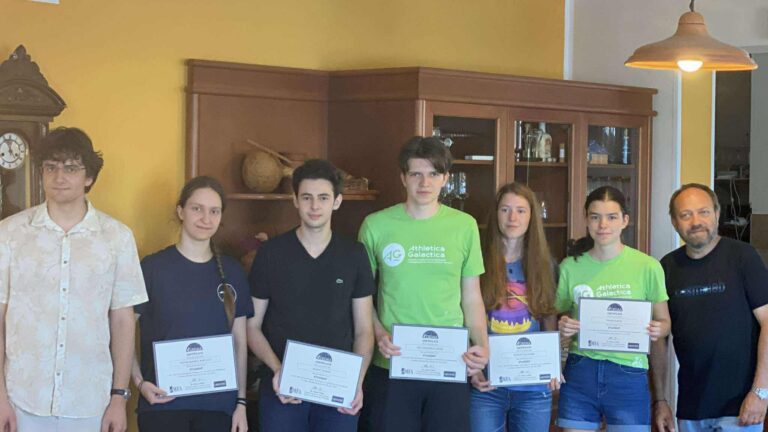In collaboration with the National Institute of Culture of Lakitelek, the National Film Institute initiated a nationwide film club network at the end of 2023. The clubs are expected to be launched in 180 rural locations by this summer. The programme aims to bring classic and contemporary Hungarian films to these areas through regular, free screening series, guided by knowledgeable film club leaders.
The objective of the initiative is to promote Hungarian films, foster audience engagement, and enhance the cultural and community life of rural settlements, as announced by the institute on Wednesday.
‘The role of communal film viewing has never been more crucial than it is today, with home television and streaming being the most prevalent forms of entertainment, posing a threat of digital isolation. Film clubs, in contrast, not only offer valuable offline cultural programmes but also contribute to building local communities,’ quoted the statement, citing Csaba Káel, the government commissioner responsible for the development of the film industry and president of the National Film Institute.
The newly launched programme, called ‘Moziklub — Nationwide Film Club Network,’ commenced in 2023, with the goal of bringing Hungarian film heritage and contemporary works to smaller communities. The intention is to allow those living far from major cities to experience Hungarian films and partake in the communal joy of film watching. Trained leaders within the film clubs assist in the thoughtful reception and collective discussion of the screenings.
By the summer of 2024, the programme aims to be realized in a total of 180 locations, offering a series of ten free film club screenings. In late 2023, approximately 50 venues hosted initial screenings. The programme encompassed viewings specifically tailored for pre-schoolers, as well as events targeting an older audience, organized by local coordinators.
The film selection, curated by the National Film Institute, comprises 25 classic and 25 contemporary Hungarian productions. Film club leaders tailor the ten-session programme for each community based on local preferences. The lineup includes light-hearted and entertaining works, animated films, as well as thought-provoking and weighty pieces addressing societal and moral questions. As part of the Moziklub screening series, regional audience meetings, combined with a screening in each county, are also planned. These gatherings offer attendees the opportunity to meet the creators and actors involved in the films, while film club leaders can share their experiences with each other.
The Moziklub programme, implemented in collaboration with the National Institute of Culture of Lakitelek and with the support of the Ministry of Culture and Innovation, represents a comprehensive effort in audience engagement, including initiatives like the KLASSZ Days targeting teenagers and the revival of university film clubs. This marks a significant step forward in reaching a broad audience nationally, especially those who may have had limited exposure to Hungarian films.
Related articles:
Sources: Hungarian Conservative/NFI/MTI








